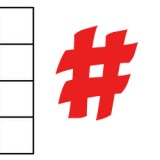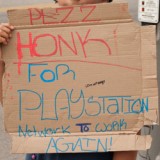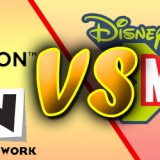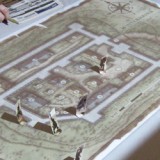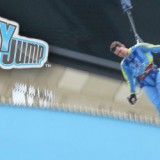Rio Records
Last fall, I learned about a surprising collaboration between two of my favorite pastimes: immersive entertainment and environmental protection. Even better, the environment in question is the Los Angeles River, which I’ve biked along, walked along, and even cleaned trash out of. After a slight delay, the first public experience of this Rio Reveals project is now live. Rio Reveals “is a partnership of non-profit (River LA) and a team of immersive artists (13Exp) to reimagine how we build resources together. Rio Reveals simultaneously creates jobs for artists and a sustainable fundraising resource for the future of the river. This is a partnership that has been born out of this moment: creating an opportunity to reimagine not only WHAT we do together, but HOW we do it.”
Rio Records is the experience now open to the public. “Records” is a noun, as in “historical records,” not a verb. The name signifies the importance of the River throughout LA’s history and culture. I had not sought specific information ahead of time, preferring to be surprised. As I mentioned in my preview, I was curious how a performance dedicated to a specific outdoor space would work online.
Babbling Brook
The technology exists to make this an engaging show. Viewers are welcomed by a PhD candidate, ready to present her thesis on the LA River’s geology. A blur of old photographs, maps, and schematics are shown to waiting attendees. They are interesting but pass too quickly to examine. There is no explanation anyway; they are to set the mood, not to inform. After being encouraged to submit questions in the chat box, I did so. Twice. Neither time did I get an answer, nor did the presenter appear to answer any other questions. Perhaps it was only for tech support?

My slight confusion/disappointment at this early failed attempt to interact carried into the main experience. After the livestream came a video, followed by the interactive/clickable heart of the show. Our host had introduced a number of possible story threads, all related to a mysterious person known as “V.” We were (sort of) able to choose which one most interested us. We were given several options on a map, so I clicked one about a mysterious healing tonic made with indigenous plants.
River Rapids
Forgive a bit of a tortured metaphor, but from that point on, it was as if I’d been dropped in the river itself. It was flowing along, and I felt very little control over it. I could grasp at things along the way, trying to get my bearings, but I would soon be swirled away to the next scene, not quite understanding where this was all taking me. Should I try to swim with the current? Float leisurely? Hang on to what handholds I could find?
Maps with hotspots showed me flashback scenes, but my head couldn’t connect the geography of the map to those moments. Several characters were introduced, but I lost the thread of how they related to each other. A phone number appeared; I called and reached a live person. This neat feature, instead of supplying additional information, had a voice on the other end asking what I had discovered so far. Which unfortunately I couldn’t articulate well.
Emerging into the modern era, I had managed to piece together a story of the mysterious elixir from records I’d seen and heard. It was incomplete, but I could at least follow the plot. I was curious about other stories, the “tracks” I hadn’t taken, but every time I heard from another participant, they referenced the same story. Were there really 5 tracks? Had the people in the healing tonic track been siloed to only interact with each other? Or had everyone chosen that one because it sounded the most interesting?
Placid Pool
With no concrete answers, we Zoomed into the future using the now-ubiquitous group video chat program. Live performers replaced clickable videos in a town hall-style meeting with residents 50 years from now. With only a passing mention of the stories we’d been learning, the future citizens focused on more high-minded uses for the river (if we in the present manage to preserve it for them). Most of the questions posed were less about logistics and more about nebulous, feel-good concepts of community, equality, diversity, and more. There was also an odd moment of “Parks & Rec”-esque squabbling. I enjoyed it, but can’t fathom the rationale for including in the show. It ended with a surreal moment to end the show with a smile and a raised eyebrow. Immediately following, a video about River LA explained their work and asked for donations, which I wholeheartedly endorse if you can afford it.
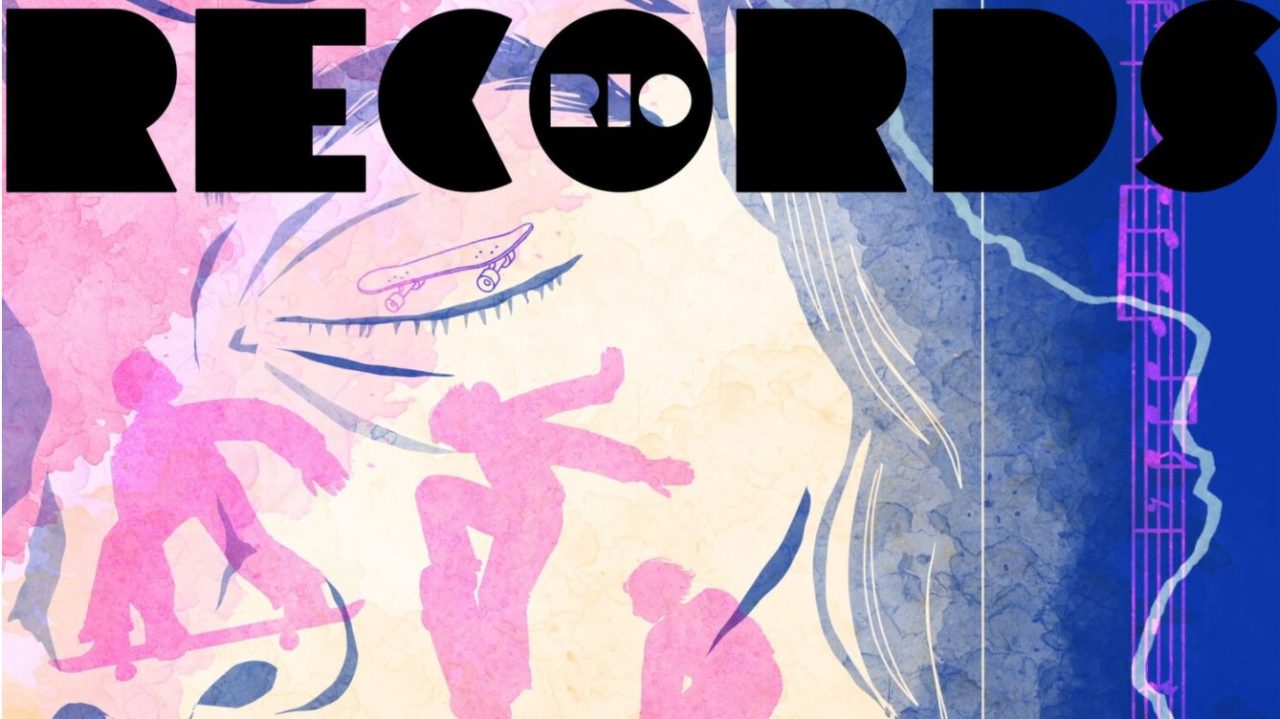
As a cohesive narrative, Rio Records didn’t gel for me. It wasn’t educational in the traditional sense either, but I’m not sure it was intended to be. The project emphasizes art, with a musical score that includes “200+ pieces of original music from award-winning composers Jonathan Sanford and Amanda Yamate.” Additionally, Rio Records is proudly a multimedia presentation. Liberally sprinkled throughout the show are works from “60+ artists…including performance, film, audio, illustration, portraiture, collage, embroidery and more.” Several of the art pieces are focal points of what is happening on screen, providing a visual to audio about the River or the history.
Rio Records is running through February 7, so you have two more weeks to check it out. Shows are Thursdays through Sundays at 7:00 PST, plus an extra show Saturdays at 4:00. General price is $40 and Early Bird tickets (if still available) are $25. Tickets and information are available at their website here. Remember a portion of the proceeds go to help River LA, and you must have Zoom on your computer for the experience.














